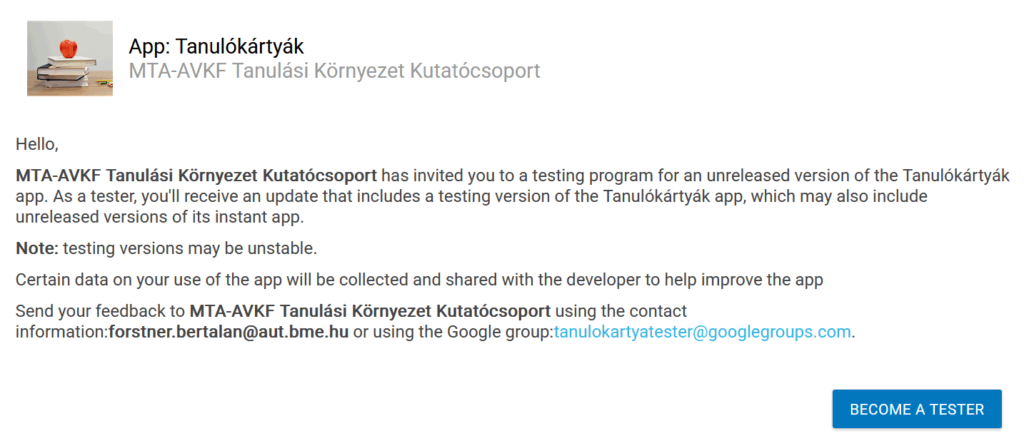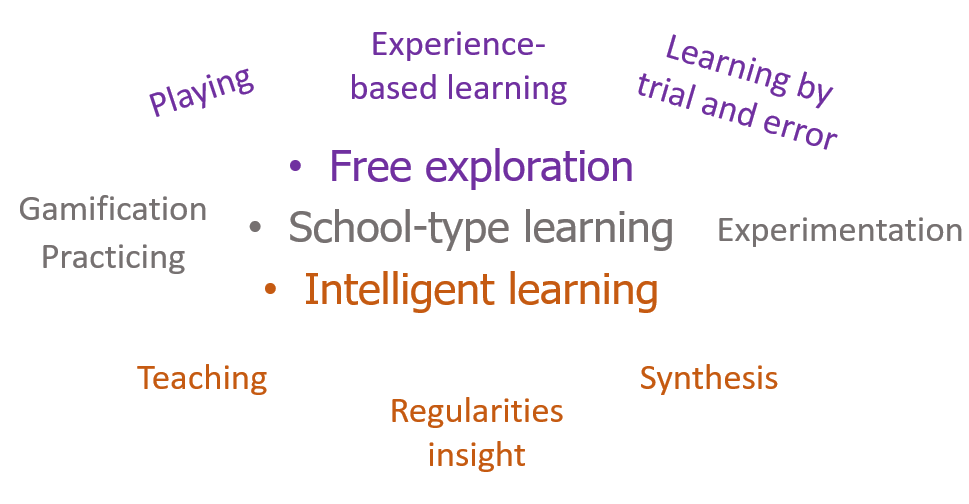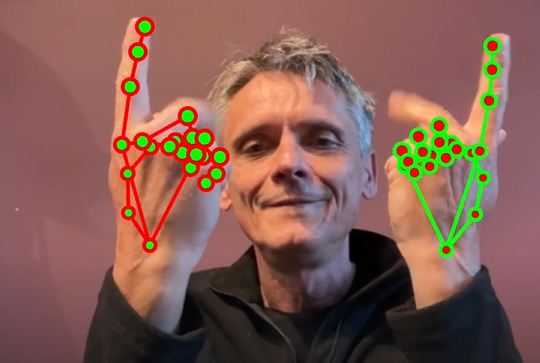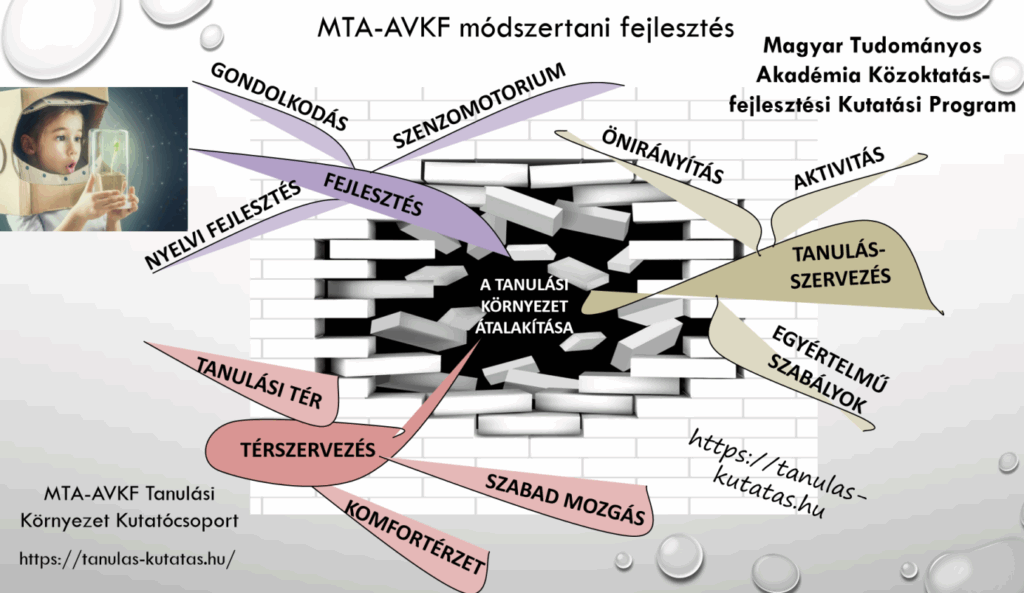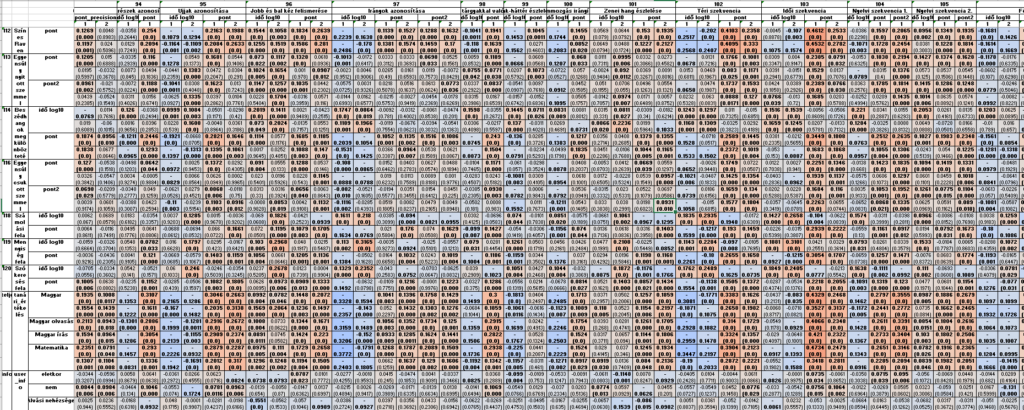We have prepared two scientific presentations for the 24th National Conference on Educational Science in Hungary, University of Debrecen.
Györgyi Elekes, Judit Gombás, Bernadett Svraka and Éva Gyarmathy (2024). The health dimension and mental well-being among Hungarian teachers. 24th National Conference on Educational Sciences, “Instruction and education in the service of societal welfare.
Challenges of education and instruction in the age of crises.” Book of Abstracts p. 275, 24-26 October.
Judit Gombás, Györgyi Elekes and Éva Gyarmathy (2024). Characteristics of innovative teachers. 24th National Conference on Educational Sciences, “Instruction and education in the service of societal welfare. Challenges of education and instruction in the age of crises.” Book of Abstracts p. 299, 24-26 October.
Link to the Book of Abstracts: https://onk2024.hu/doc/absztraktkotet_v6.pdf
